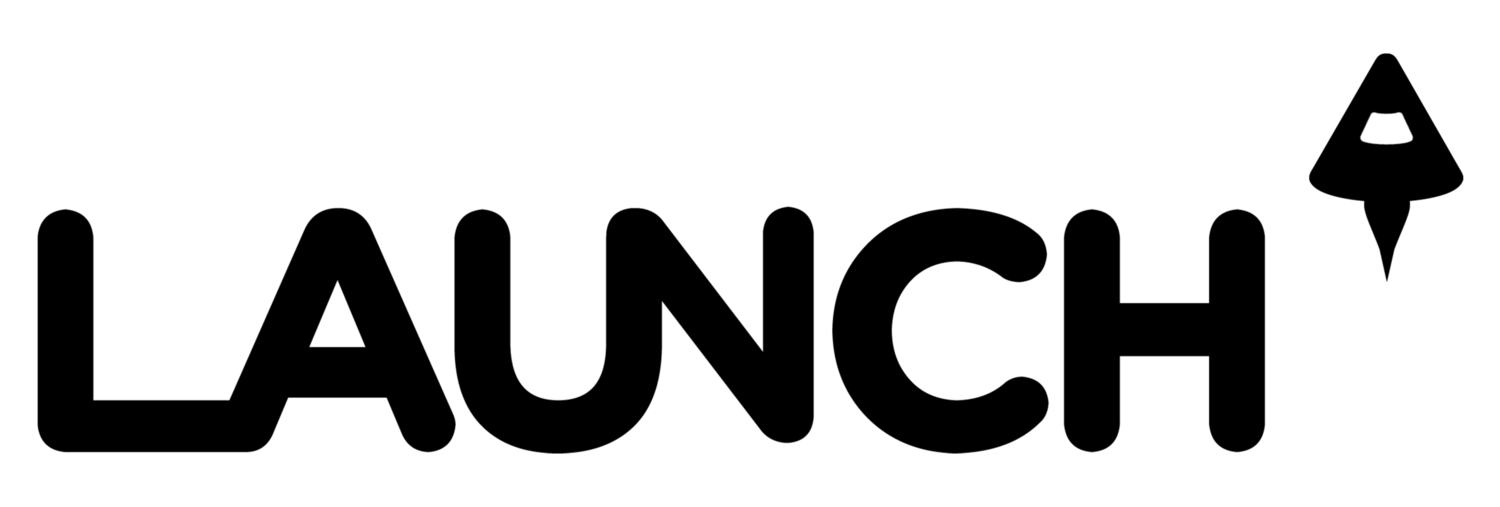Google has unveiled a preview version of open-source Dart, its new object-oriented language for web applications that directly challenges JavaScript, but developers don't see what the big deal is.
Dart is intended to deliver faster performance on web browsers for both small and large-scale projects. Programmers can write code directly into a native virtual machine, such as a web browser, or on top of a JavaScript engine using a compiler that translates Dart to JavaScript.
"I was going to create a simple web app such as a blog with Dart, just to experiment with the language but after reading the spec and some code samples, I quickly stopped," writes Mohamed Mansour, a developer who's built extensions for Google+ and is a co-founder of Hangout Academy. [ See our story here. ]
Apparently, Google borrowed a lot of code from JavaScript, Mohamed writes.
"Not many new features, it is just another language which has an optional typing system," Mohamed explains. "It is like a slimmed down Java language. They even ported all the collections framework with generics from Java which are very outdated classes in Java that has way too many problems."
Java programmer +Mark Faine says he doesn't mind Dart resembling JavaScript.
"Personally, I hate JavaScript and I've always thought we'd eventually replace it with the GWT ( Google Web Toolkit) type model of using a strongly-typed, compiled language to generate JavaScript (or something like it)," Mark writes. "This may be part of the reason why it looks like Java. That it already looks like Java makes it that much easier to generate Dart from Java compiled code."
Netscape first developed JavaScript in 1995. While JavaScript was not intended for real-time web applications, it eventually evolved into the standard coding language for the web. In 1997, Ecma International, a non-profit standards organization for computer systems, standardized JavaScript as ECMAScript.
"As for JavaScript, Google has a huge interest in keeping the evolution of Javascript on track," a Google spokesperson tells LAUNCH via email. "In fact, Google is a large contributor to TC39 (the Javascript standards body), with Erik Arvidsson, Mark Miller, Waldemar Horwat, Andreas Rossberg, Nebojša Ćirić, Mark Davis, Jungshik Shin and Alex Russell actively contributing. We will continue our investment in TC39 and honestly and wholeheartedly improve the language."
In 2009, Google debuted Go as an alternative to C++ and other programming languages. Developers can use Go to create Google App Engine applications and has been used in the past to create things like web-based games and an app that monitors when someone unfollows you on Twitter.
While Dart is not yet available in Chrome, Google plans to explore that option, according to the Google Code blog. To try out Dart, click here. The site also includes open-source tools for writing Dart programs, and features code samples and tutorials.
CONTACTS & LINKS
Lars Bak, Google Software Engineer
Google+: https://plus.google.com/117369940038227331789/posts
Twitter: @larsbak
Mohamed Mansour
Google+: https://plus.google.com/116805285176805120365/
Twitter: @MohamedMansour
LinkedIn: http://ca.linkedin.com/in/mohamedhmansour
Street Address
City, State, Zip
Phone Number
Supporting Founders & Inspiring Innovation
Your Custom Text Here
